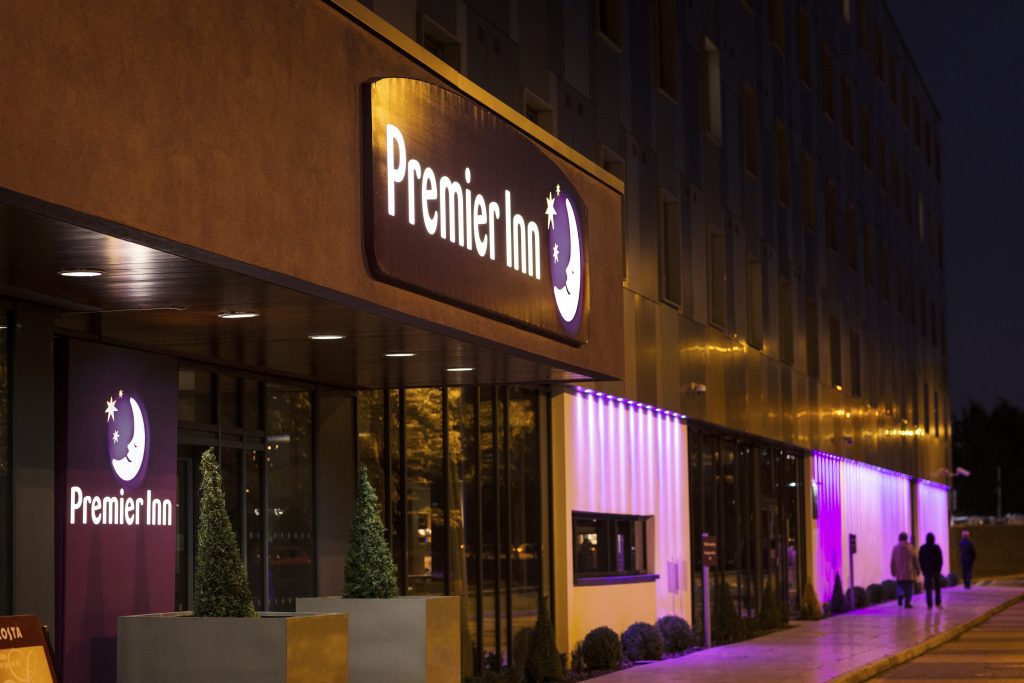The Hotel Chain That Doesn’t Need Booking.com or Expedia

Skift Take
Premier Inn's proportion of direct bookings is pretty eye-opening, but the brand operates under a particular set of circumstances. If it decides to ramp up its international expansion, it will be interesting to see if it chooses to make more use of online travel agents.
In the last couple of years, hotel chains have gradually tried to wrestle back control over distribution from online travel agents.
Some have been more successful than others, thanks in part to beefed-up loyalty schemes that offer extra incentives for customers to book through their own websites.
There’s a reason hotels want to take back more control. Online travel agencies aren’t necessarily the biggest part of the mix, but they are the most expensive route to market. The dominance of Expedia and Booking.com and their widespread recognition means they can charge pretty much whatever commission levels they want.
If these hotel companies could go back in time, they’d probably do things differently, and would undoubtedly have ceded less control of their distribution to intermediaries.
While the likes of Hilton Worldwide, Marriott International and InterContinental Hotels Group (IHG) have all made a push for more direct bookings, there’s one company whose strategy has left it almost totally unreliant on online travel agents.
Premier Inn, a budget-friendly brand owned by UK conglomerate Whitbread, enjoys industry-leading numbers of di
